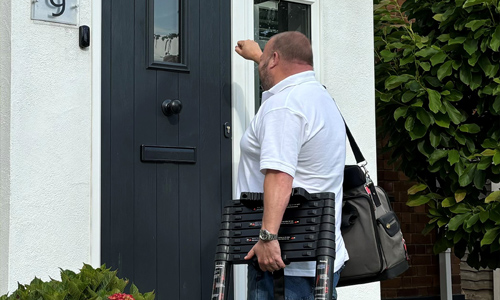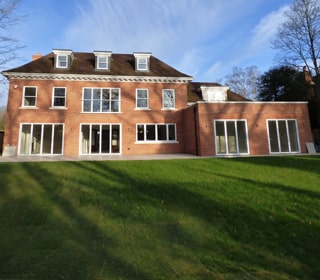Clear, honest property surveys you can trust
Buying, selling, or investing in property can feel overwhelming – we’re here to make it easier. We remove uncertainty with clear, jargon-free surveys written in plain English and enhanced with photographs and diagrams for visual context. Whether you’re a first-time buyer or an experienced investor, you’ll get thorough, balanced advice from friendly professionals who genuinely care about helping you make the right decision.

Benefits of our Reports
Our goal is simple: to demystify the world of house surveys, provide reassurance, and give you complete peace of mind.

Tailored reports to your future property

Easy to read and full of clear photos

Easy to understand for everyone

Balanced and honest approach

Dedicated conveyancer section
We make property surveys simple and stress-free
With detailed reports and clear advice, you’ll know everything you need to know about the property you’re buying – and what to do next
Why choose us
We’re a team of qualified, independent RICS-regulated surveyors and proud RPSA members with a reputation for being friendly, transparent and professional. Our thorough inspections and clear, practical reports are designed to inform, not alarm. By highlighting both a property’s concerns and its strengths, we help prevent buyer anxiety, keep sales on track, and aim to make every property transaction a positive experience.
Our clients describe us as supportive, knowledgeable and down-to-earth – and that’s exactly how we like it.

The benefits of our reports

Get
clarity
Packed with high-quality photos and straightforward explanations making everything easy to understand.

Save
money
We uncover hidden issues early, helping you avoid unexpected and costly surprises later.

Gain
confidence
We show both the positives and potential concerns, giving you a clear and balanced view of your future home.

Save
time
Our conveyancer friendly layout includes a dedicated section to help speed up and simplify the legal process.
How we work
Get
started
Request a free quote or book a free 15-minute call to discuss your property plans. We’ll explain how our surveys work and help you choose the right one for your needs.
Customer
portal
You’ll receive a secure portal link containing your quote, along with buttons to accept the quotation and terms and conditions.
Book your survey
Once you’ve accepted, our admin team will coordinate the inspection date directly with the estate agent and vendor.
Invoice and payment
After the inspection, your invoice will appear in your portal. Payment is required before we can release the final report.
Report and support
Your report is uploaded to the portal once complete. You can then book a call with your surveyor to discuss key findings and next steps.
Our modern client portal keeps everything simple, transparent, and organised – saving you time and ensuring clear communication at every stage.
Our services
Every property is different, which is why we offer a range of surveys tailored to your situation.
Whether you’re purchasing your first home, reviewing a buy-to-let investment, or checking the condition of a new build, we’ll guide you toward the right service for your needs.
Each survey includes clear photographs, practical recommendations, and balanced commentary – so you understand both the challenges and the positives.

Not sure which survey you need? No problem, we’ll help you choose the right one…










Episode #6 Ask The Surveyor - Structural issues in the home
Ask The Surveyor Podcast 27 December 2025 16:00